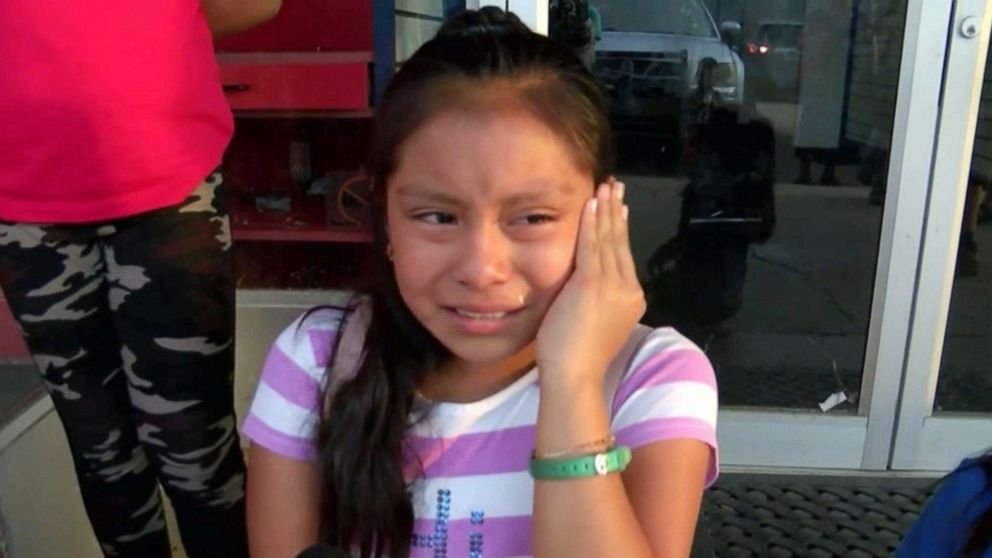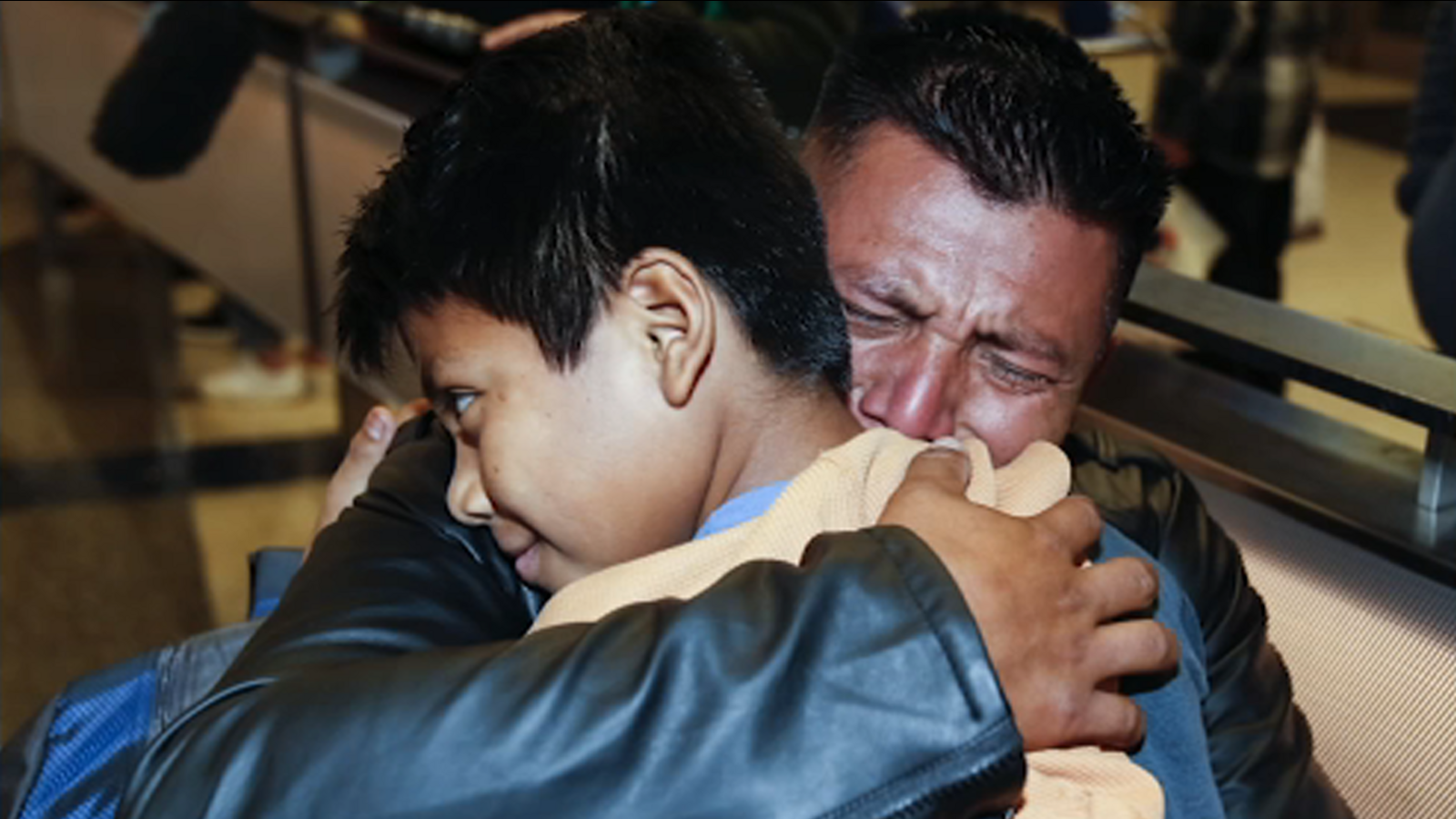By Pat Trevino
June 14, 2025
Today, being Sunday—a time for rest, reflection, and reevaluation—I find it fitting to bring to light an issue that has stirred the heart of our nation: the ongoing ICE raids and the treatment of immigrants in our communities. Across the country, headlines speak of people being detained at work, or even while attending court hearings—individuals who are actively trying to follow the law and work toward legal residency. It raises difficult questions not just about policy but about morality. And for a nation that often describes itself as grounded in Christian principles, the more pressing question might be: What does the Bible say about immigration and the treatment of foreigners?
The scriptures are not silent on this. In fact, they speak with striking clarity:
“You shall love the stranger, for you were strangers in the land of Egypt.” — Deuteronomy 10:19
“Do not oppress a foreigner; you yourselves know how it feels to be foreigners…” — Exodus 23:9
“The stranger who resides with you shall be to you as the native among you…” — Leviticus 19:34
These verses do not come with conditions about legal status. They remind us of our shared humanity and the spiritual imperative to treat all people with dignity and compassion.
This isn’t a call to abandon laws or borders—but it is a reminder that justice without mercy is incomplete. When people showing up for court—hoping to navigate a confusing and often backlogged immigration system—are instead led away in handcuffs, it’s hard not to wonder whether the letter of the law has overtaken its spirit.
The Christian faith, at its core, calls for love, empathy, and fairness—not just for our neighbors, but for the outsider. Jesus himself, a refugee in his infancy, said, “I was a stranger and you welcomed me.” (Matthew 25:35). That passage doesn’t ask whether the stranger had the proper documents—it simply asks how we responded.
So perhaps the real question we should be asking is not, “What is legal?” but “What is right?” Because history will not only remember the policies we upheld—it will remember the people we chose to see or ignore.
In a time of deep division, may we, especially on a Sunday, remember the deeper truth: how we treat the most vulnerable among us reveals who we are—and who we truly serve.



